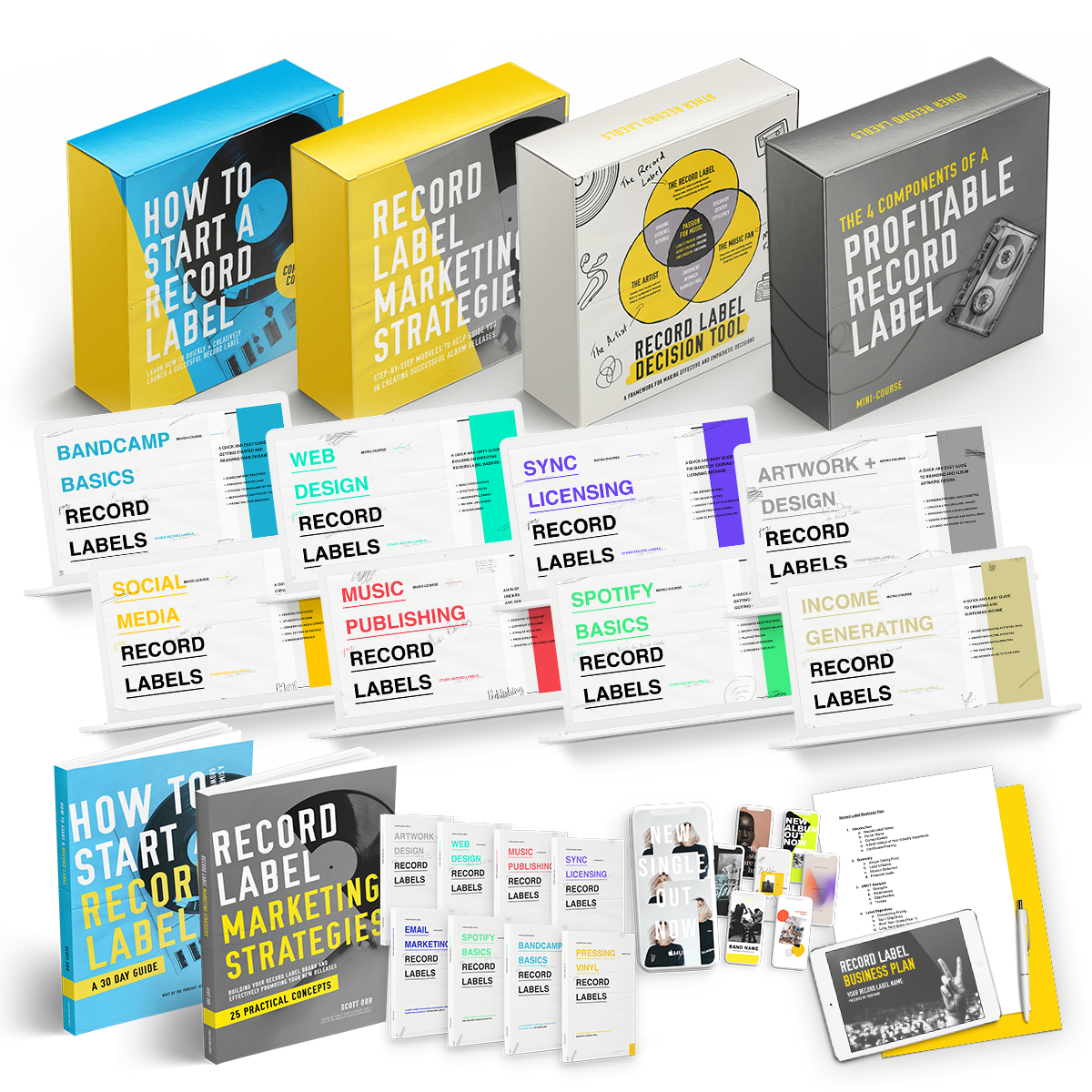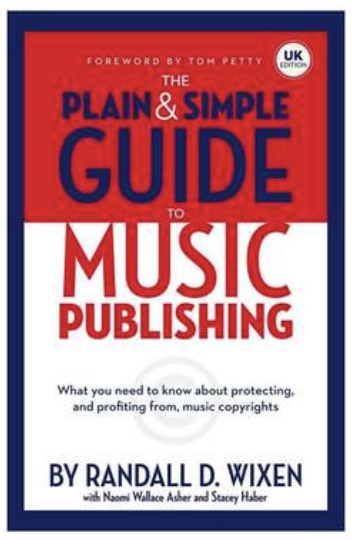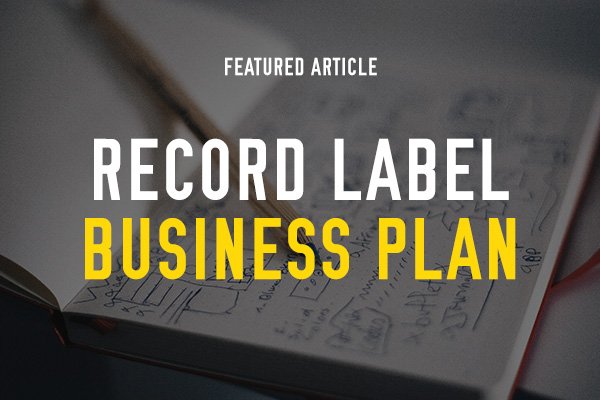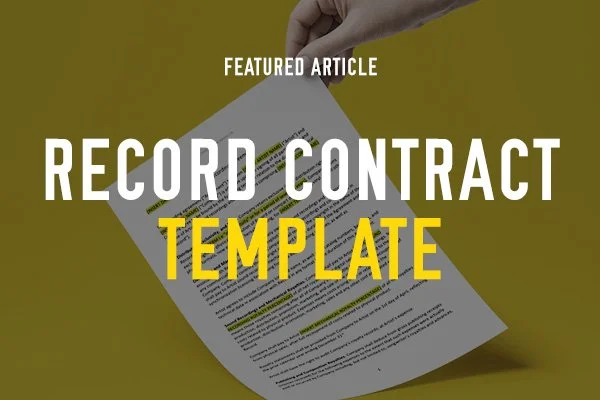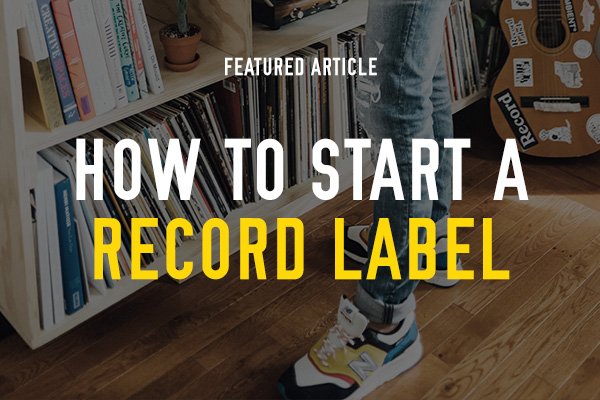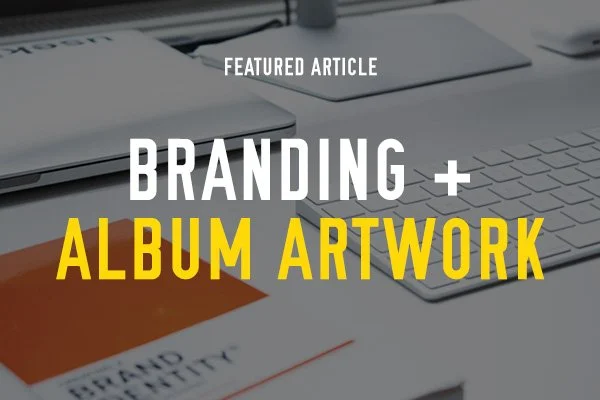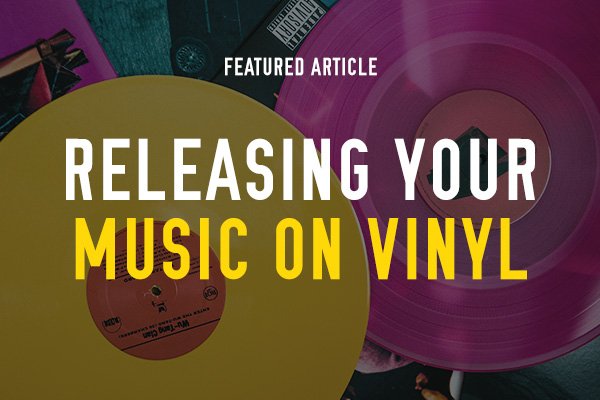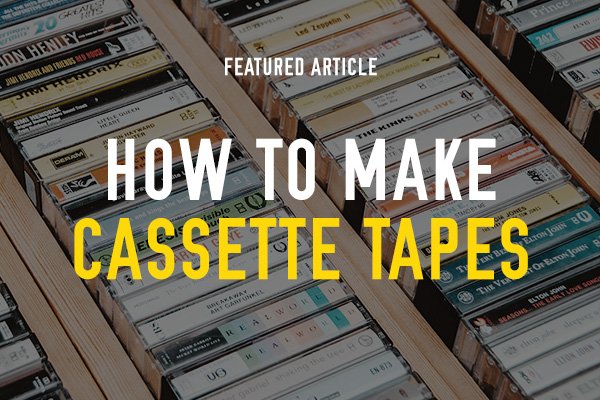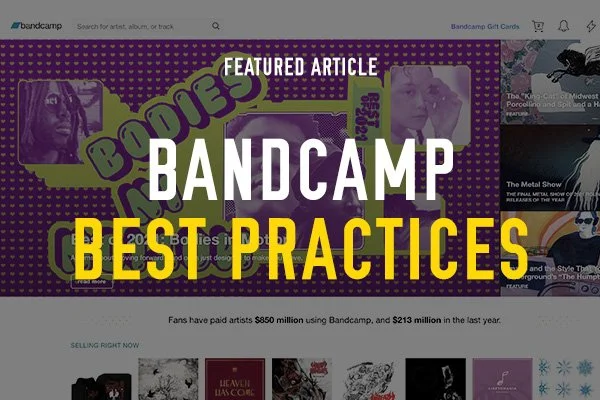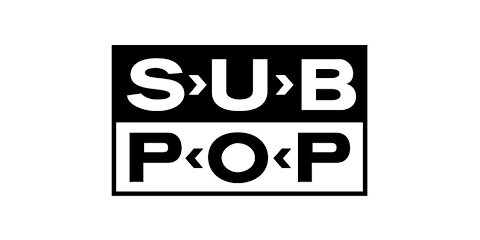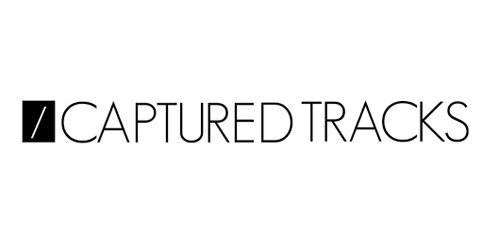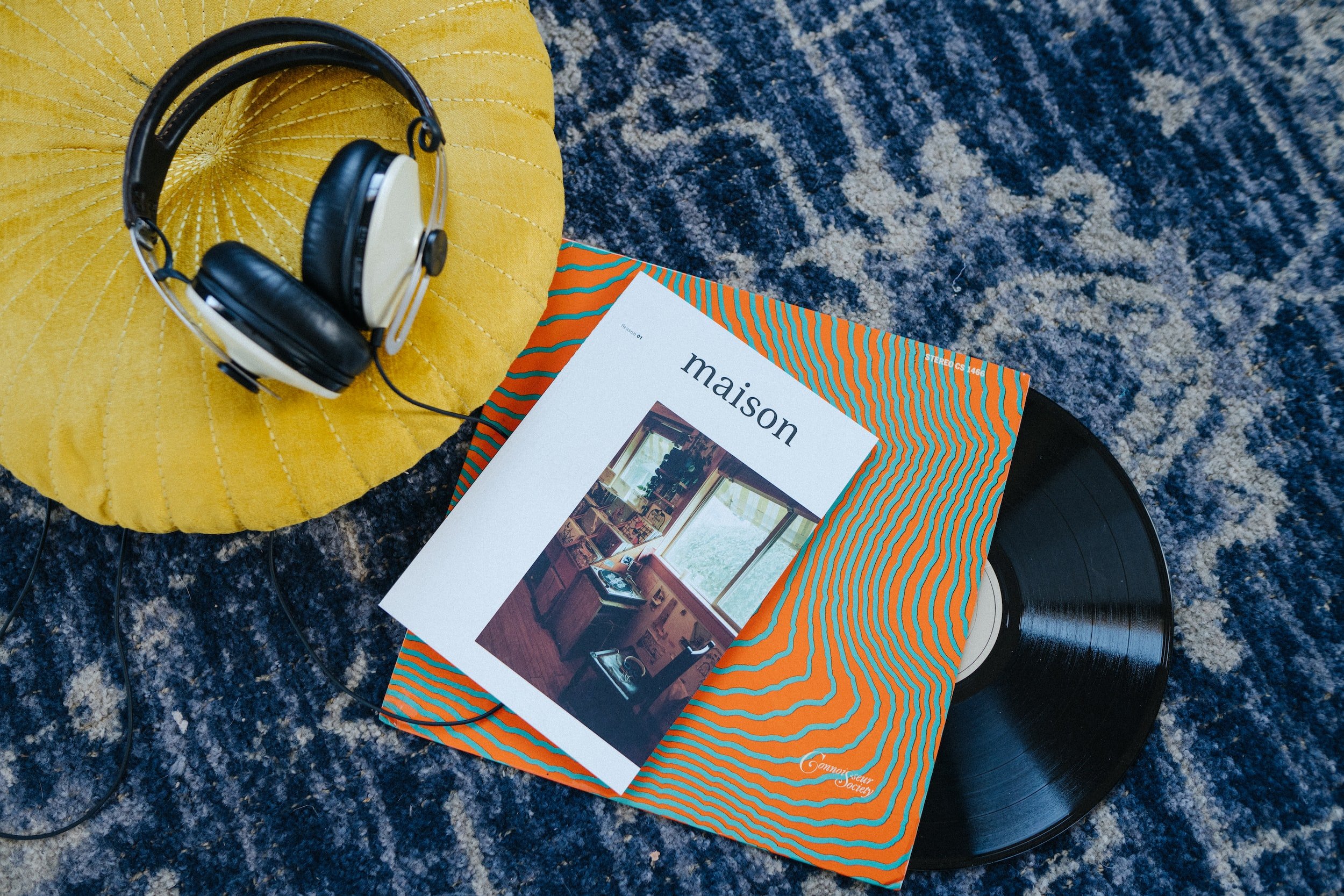
The Ultimate Guide to
Music Publishing
for Record Labels
A helpful guide to help you manage your artist’s music catalog.
Music publishing is the process of managing and licensing the rights to musical compositions and songs.
It is a crucial aspect of the music industry for indie artists and independent record labels.
Understanding how to navigate the world of music publishing, including how to collect publishing royalties, is essential for indie artists and independent record labels to monetize their music and advance their careers
What is Music Publishing?
Music publishing refers to the business of promoting and monetizing music compositions. This process involves various activities such as copyright registration, royalty collection, synchronization licensing, and mechanical licensing.
The Role of a Music Publisher
A music publisher is responsible for representing songwriters and music composers in the industry. They work to protect the rights of the songwriters, negotiate licensing deals, and collect royalties. A good music publisher can help a musician make more money by ensuring their work is registered with the right performance rights organizations (PROs) and music distribution companies.
Understanding Copyrights
Copyright law protects the rights of creators, including musicians, composers, and songwriters. Copyright is automatically granted when an original work is created, and it gives the owner the right to control how their work is used, performed, and distributed.
The Importance of Royalties
Royalties are the payments made to a music composer or songwriter when their work is used in any way. These payments can come from various sources, such as streaming services, radio play, TV shows, and movies. Royalties are usually collected by PROs, who then distribute the earnings to the appropriate parties.
Different Types of Music Licenses
Music licenses give permission to use a song for a specific purpose. There are different types of music licenses, including mechanical, synchronization, and performance licenses. Mechanical licenses give permission to reproduce a song, while synchronization licenses allow the use of a song in a visual medium. Performance licenses are needed for the use of a song in public performances.
The Music Publishing Process
The music publishing process involves several steps, including registration, licensing, and royalty collection. To get started, a musician must register their work with a PRO, such as ASCAP, BMI, or SESAC. Then, the work can be licensed for use in various mediums, such as TV shows or movies. Finally, royalties are collected by the PRO and distributed to the musician.
In conclusion, music publishing is an essential aspect of the music industry that enables musicians and songwriters to monetize their work. It involves activities such as copyright registration, royalty collection, and licensing. By understanding the music publishing process, musicians can ensure that their work is adequately protected and monetized.
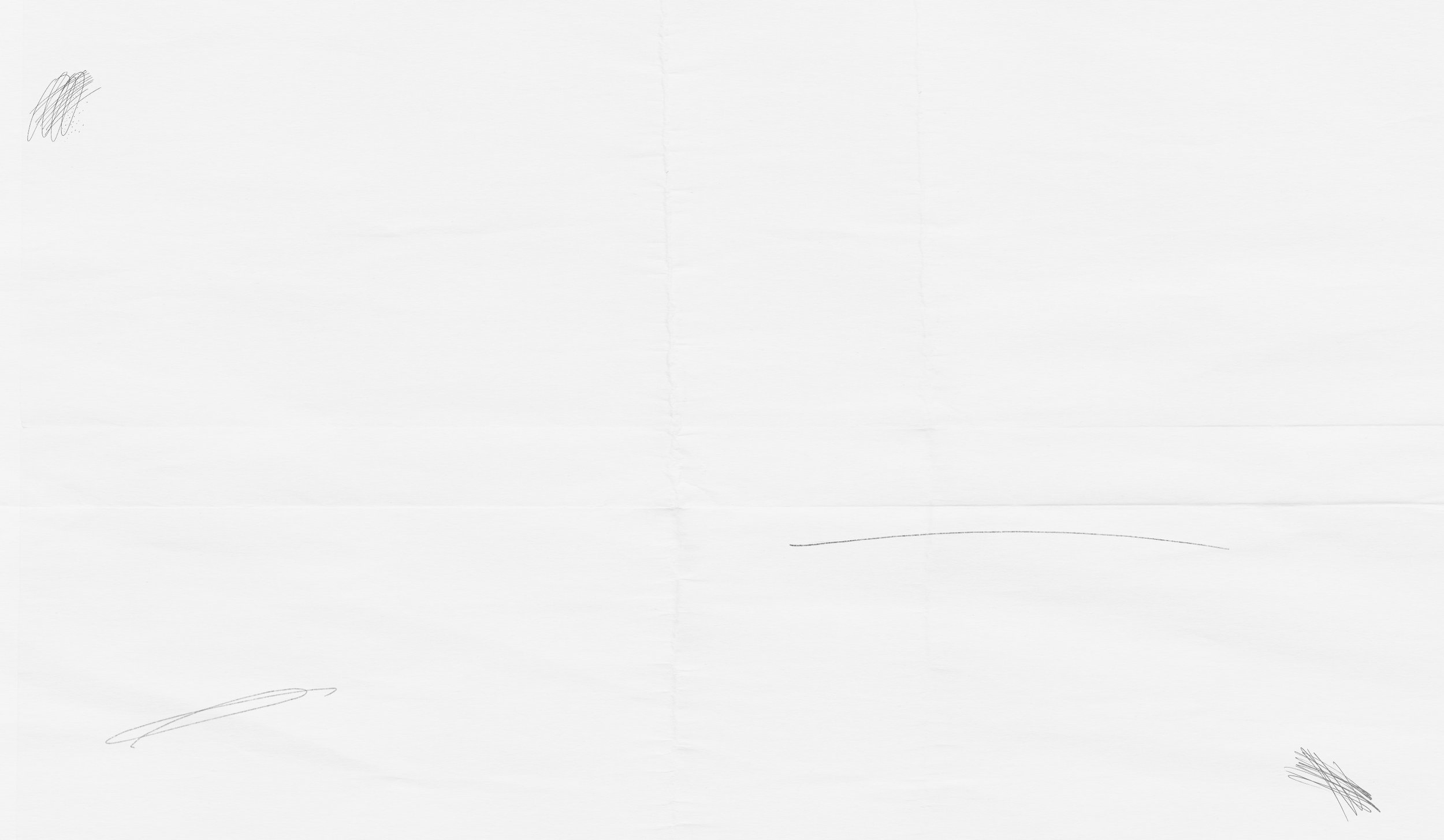
Music Publishing FAQs
What is a publishing administrator?
A music publishing administrator is a company or individual who helps songwriters and copyright holders manage and collect royalties from the use of their musical works. They typically handle tasks such as registering songs with performing rights organizations, licensing songs for use in films, television shows, and commercials, and collecting and distributing royalties to the copyright holder. They also handle other related tasks such as tracking where and how the songs are used, and providing detailed reports on the earnings generated by the songs. They may also help songwriters and copyright holders negotiate better terms and royalty rates with users of their works, and help to protect the copyright holder's rights. In summary, a music publishing administrator helps songwriters and copyright holders to manage and collect royalties from the use of their musical works, and provides a variety of services such as licensing, tracking, and reporting, that facilitates the administration of the songs.
Do I need to mail a copy of my music to myself for it to be copyrighted?
The practice of mailing a copy of your music to yourself, also known as the "poor man's copyright," is a myth and is not a legally recognized way to establish copyright. In the United States, copyright protection is automatically granted to original works as soon as they are fixed in a tangible form, meaning that as soon as you record your music, it is protected by copyright. Therefore, mailing yourself a copy of your music does not provide any additional legal protection or evidence of copyright.
The correct way to register a copyright in the US is by filling out the appropriate forms and sending them along with a non-returnable copy of the work, plus a fee to the US Copyright Office. This process gives you additional benefits such as the ability to sue for infringement, the ability to recover statutory damages, and attorney's fees.
It's worth noting that, even though mailing yourself a copy of your music will not give you any additional legal protection, it's still a good practice to keep records of your creations and evidence of your authorship in case of disputes.
What is Sound Exchange?
SoundExchange is a non-profit performance rights organization (PRO) in the United States that collects and distributes royalties for the use of sound recordings. It was created in 2000 as part of the Digital Millennium Copyright Act (DMCA) to provide a way for copyright holders of sound recordings to be compensated for the use of their recordings on certain digital platforms such as satellite radio, internet radio, and cable TV music channels.
SoundExchange is responsible for collecting and distributing royalties from these digital platforms and other non-interactive streaming services, like Pandora, Spotify, and SiriusXM. These royalties are paid to the copyright holders of sound recordings and the featured artists, and are separate from the royalties paid to the songwriters and publishers for the use of their compositions. SoundExchange also provides detailed reports to its members, helping them to monitor the use of their recordings and ensure they are being properly compensated.
What is a PRO?
A performance rights organization (PRO) – sometimes referred to as a performing rights society – collects royalties on behalf of songwriters. They receive performance fees from entities who wish to use copyrighted works publicly like on television, radio, or in retail stores. These performance royalties are then paid to the songwriters and publishers. Most countries have their own PROs. For example, in Canada, the local PRO is called SOCAN. In the UK, the PRO is called PRS.
Who do you use to manage your publishing catalog?
A performance rights organization (PRO) – sometimes referred to as a performing rights society – collects royalties on behalf of songwriters. They receive performance fees from entities who wish to use copyrighted works publicly like on television, radio, or in retail stores. These performance royalties are then paid to the songwriters and publishers. Most countries have their own PROs. For example, in Canada, the local PRO is called SOCAN. In the UK, the PRO is called PRS.
Do I need to register my label with a PRO?
A record label does not typically need to register with a Performing Rights Organization (PRO) in order to collect performance royalties for the songs on their label's releases. However, it is the responsibility of the copyright holder or the publisher of the songs to register with a PRO so that the songs can be tracked and royalties can be collected for the public performances of the songs. In most cases, the copyright holder is the songwriter or the publisher, but if the record label also owns the copyright, they can also register with a PRO.
Additionally, as a record label, they may need to register with a PRO if they intend to collect performance royalties for live performances of their artists. This is because PROs typically collect and distribute royalties for public performances of music, and live performances fall under this category. In this case, the record label would need to register and become a member of a PRO in order to receive performance royalties for the live performances of their artists.
What is the difference between an ISRC and an ISWC?
An ISWC stands for International Standard Musical Work Code, and is generally given to a unique composition, and is issued by your PRO when you initially register the song. ISRC stands for International Standard Recording Code and is given to a specific recording. These codes are provided by your mastering engineer or your digital distributor (CD Baby, TuneCore, DistroKid, 3Tone Music).
Here’s an example: John Smith writes an original song called, “I Love You” and registers it with his PRO, in this case ASCAP in the United States. ASCAP provides John with an ISWC code for the new composition. John then records his new song in a studio, and uploads the master recording to the streaming platforms using his digital distributor CD Baby. Upon registering this single for distribution, CD Baby automatically assigns the song an ISRC.
It should be noted that these codes are completely unrelated. CD Baby does not require an ISWC in order to distribute a recording. Similarly, John’s performing rights organization (ASCAP) does not need to know his ISRC.

RECORD LABEL
ACADEMY
Simple strategies that will help you
earn a living telling people about great music!
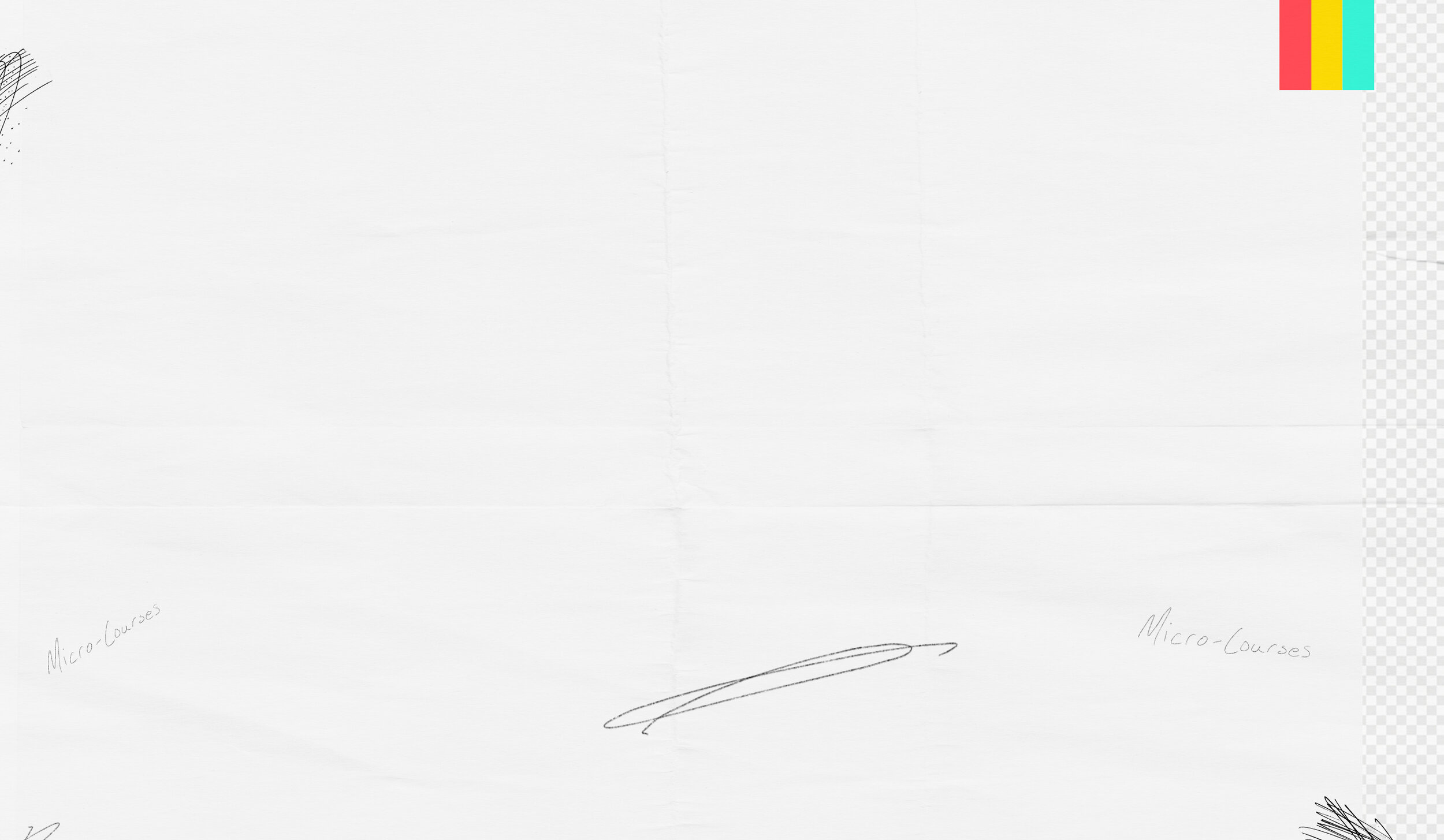

Books on Music Publishing
Music the Business - Ann Harrison
The 8th edition is the latest. Everything you need to help you better understand the legal side of the music industry. Ann is a UK-based music lawyer with an extraordinary amount of legal knowledge.

Free Budget Template for Record Labels


Helpful Articles for Record Labels
Other Record Labels Podcast
Featuring interviews with…




